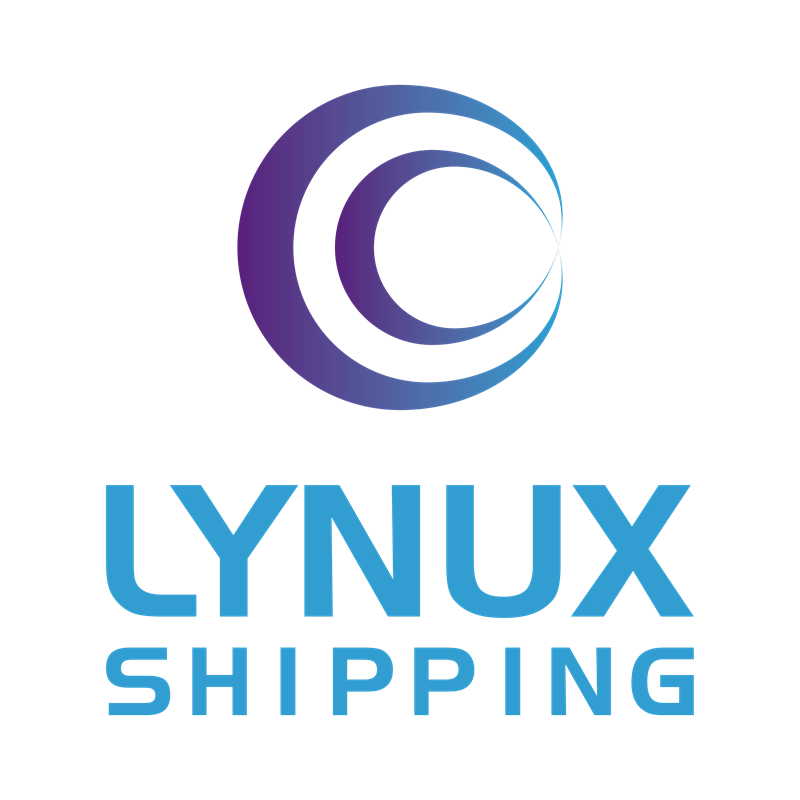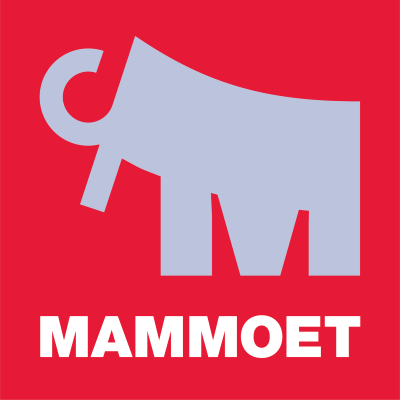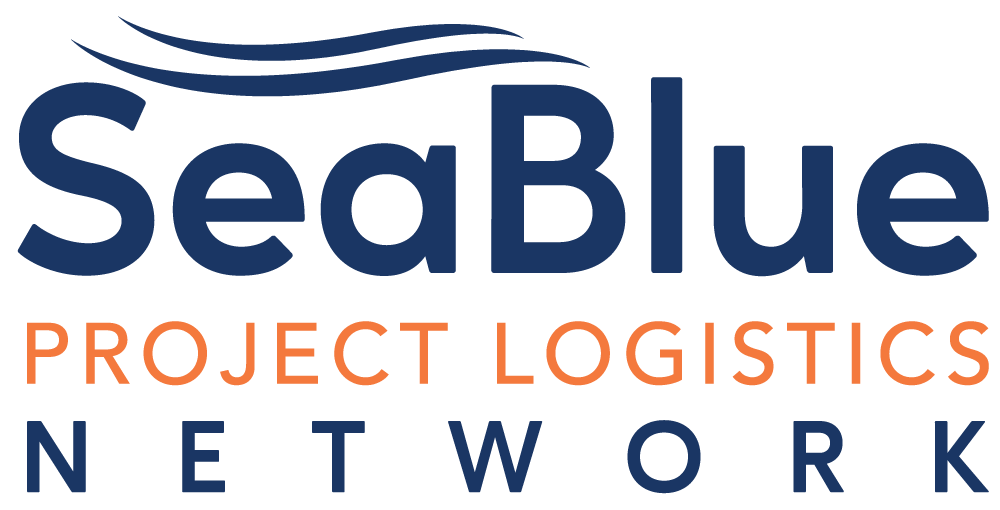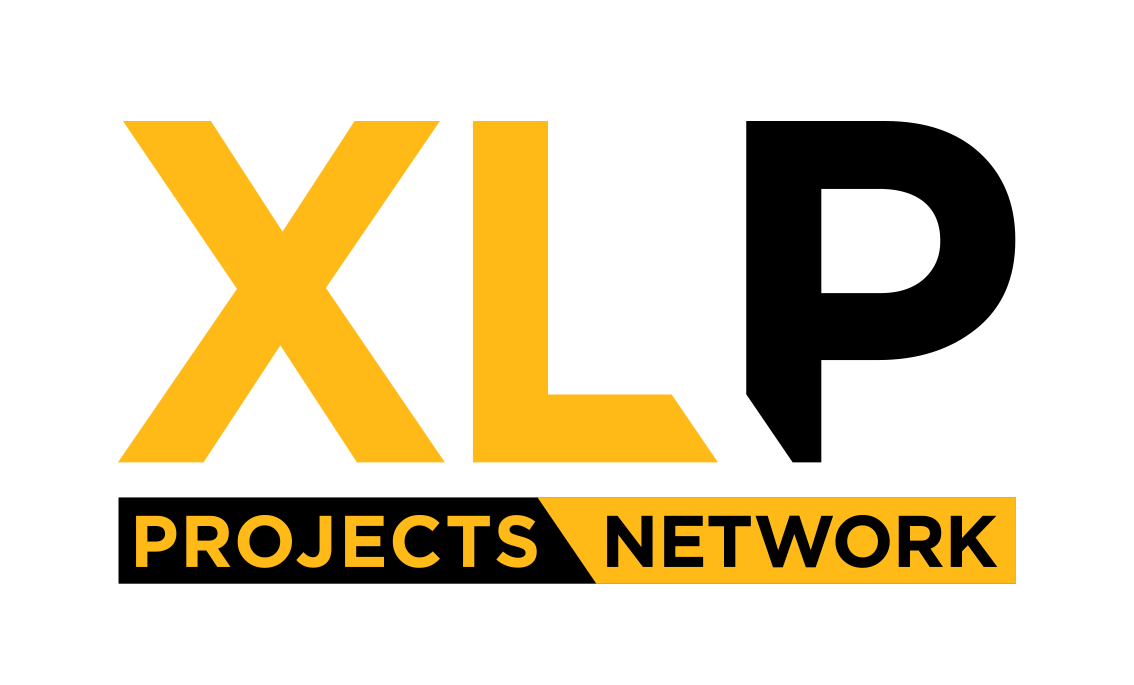Shippers Talk Priorities and Pain Points at Breakbulk Middle East
_2.jpg)
By Luke King
Leading project cargo shippers shared their approaches to logistics management at a well-attended Breakbulk Middle East main stage session.
Daniel Duus, global head of logistics at thyssenkrupp Uhde, said he adopted a “hybrid approach” when engaging logistics services providers. “On one side, we want some single contracts in terms of packaging for our industry plants, or for a transport, whereas let’s say for the bigger EPC project, we are nominating one project freight forwarder for the complete job,” he said.
“There are different advantages and disadvantages to that. I guess the advantage is that communication is much easier, because our team and the team of the project freight forwarder are working very closely together.
“On the other side, we can sometimes see that the flexibility is not there when you have issues in your supply chain. So that’s when we are thinking about finding alternative solutions in terms of running the issues and going to the market to tender single shipments.”
Japan-based Koichi Kaizu, responsible for logistics execution of overseas energy plant construction projects, said JGC Corporation preferred to nominate a sole contractor. “We do generally prefer a single freight forwarding company, however that is dependent on the project, and we may have a separate contractor for offshore and onshore.”
Asked about his top priorities and greatest challenges in the current market, Duus said: “I would say for sure: sustainability and decarbonization. So with our products for ammonia and methanol plants, we try to make our supply chain much more climate-friendly for new solutions. We are also in discussions as to how we can reduce packaging.
“The next priority is cost management. We see a lot of developments in the EPC market, especially after the COVID pandemic. It’s not only lump-sum anymore. You can see a lot of open-book packages, you see a lot of cost-plus fee models. So, we have to face how we can really organize our costs, how we can ensure the budget does not have any cost overruns and what kind of technologies can support us in that regard.”
He added: “Other challenges are around digital transformation, including data transparency, and another priority is standardization and modularization of our plants.
“We see a lot of requirements on the market for us to accelerate our projects because the customers want to have the plant as soon as possible and make money with the finished products. So one solution is modularization – to speed up the construction and reduce the risks in the construction.
“We have still a lot of market volatilities, fluctuating prices and a lack of shipping capacities. We have a lot of geopolitical risk. We seem to have gone from COVID straight into the geopolitical issues without a break in between.”
JGC’s Kaizu cited pricing as a cause for concern. “We often manage EPC projects under lump-sum timekeeping, and the project duration might be four years. In the case of some of the biggest mega projects, the project duration might be six, seven years.
“So how we can maintain the price with a freight forwarding company or shipping company over that duration is our challenge. The second challenge is to maintain experienced staff. It’s not only in our company, but the industry is looking hard about how it can maintain skilled and experienced staff in the organization.”
Markus DeJonge, VP offshore mobile solutions at ADNOC Logistics & Services, said his priorities were “safety, decarbonization and embracing and arming the AI digital revolution. But I think the biggest issue in our industry is asset availability – and that’s something we sometimes forget.”
DeJonge echoed Kaizu’s concerns around staff recruitment. “Where are the people who will be in the industry tomorrow,” he asked. “I hate to bring up COVID again, but the mass exodus, I guess you could call it, in different industries has affected our industry greatly. If we don’t have people, we don’t go anywhere.”
Delivering some good news to the logistics service providers in the Breakbulk Middle East audience, Kaizu stressed that price isn’t everything. “Competitiveness is very important. However, even where we could select a very competitive partner at the beginning of the project, if they can’t perform, it makes no sense at all.
“For us, credibility and accountability are very important in our service providers. We look for innovation, transparency, even supporting the EPC and improving their processes. So it’s a little more than ‘just’ a relationship – it’s a partnership that you’re looking for from the service provider.”
DeJonge raised the importance of local knowledge. “We see many times that global shippers come to the UAE, then the regulations kick in. Then the vetting kicks in. Then the security kicks in. And then, the asset availability kicks in because the asset needs to be approved by an oil company.
“Not all shippers are aware of the special regulations, so you need to have the right logistical partner.”
Concluding the panel session, moderator Stephanie Schooley, general manager – DSV Project Logistics, NEOM, said: “What I heard consistently was that custom, tailored solutions from the service providers are critical to meeting your needs. The price has to be competitive – that’s mandatory – but it’s not just about the cost.
“Service solutions, and flexibility, is very important for resolving or solving challenges. And, in the end, if you have a service provider that is innovative, flexible, reacts quickly to changes, it’s going to result in saving money anyway.”
Koichi Kaizu joined us in the Breakbulk Studios after the session for more insight and behind-the-scenes-perspectives:
thyssenkrupp Uhde, ADNOC and JGC Corporation are members of the Breakbulk Global Shipper Network, a worldwide association of shippers involved in the engineering, manufacturing and production of project cargo. The next in-person meet-up for BGSN members will be at Breakbulk Europe on 13-15 May in Rotterdam.
TOP PHOTO (L-R): Stephanie Schooley, Koichi Kaizu, Markus DeJonge, Daniel Duus. CREDIT: Spaceplum

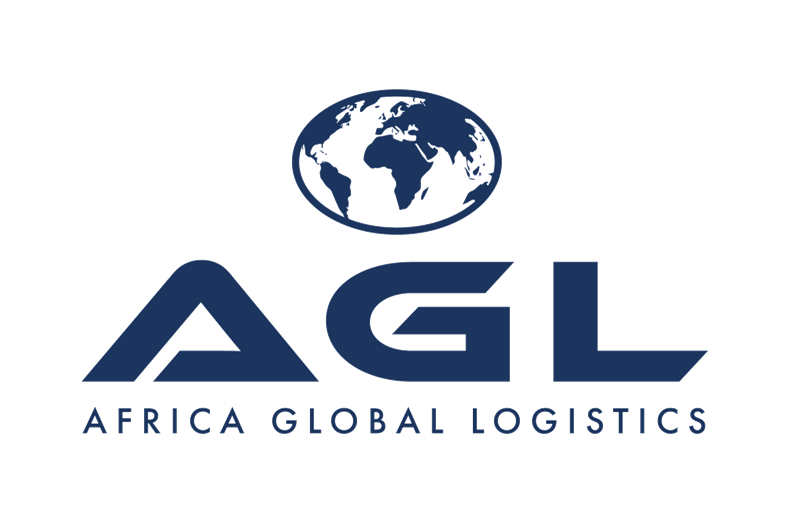
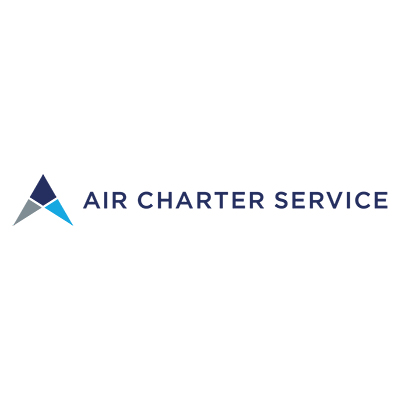

.png?ext=.png)
.png?ext=.png)
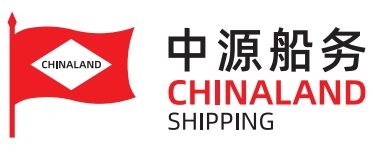
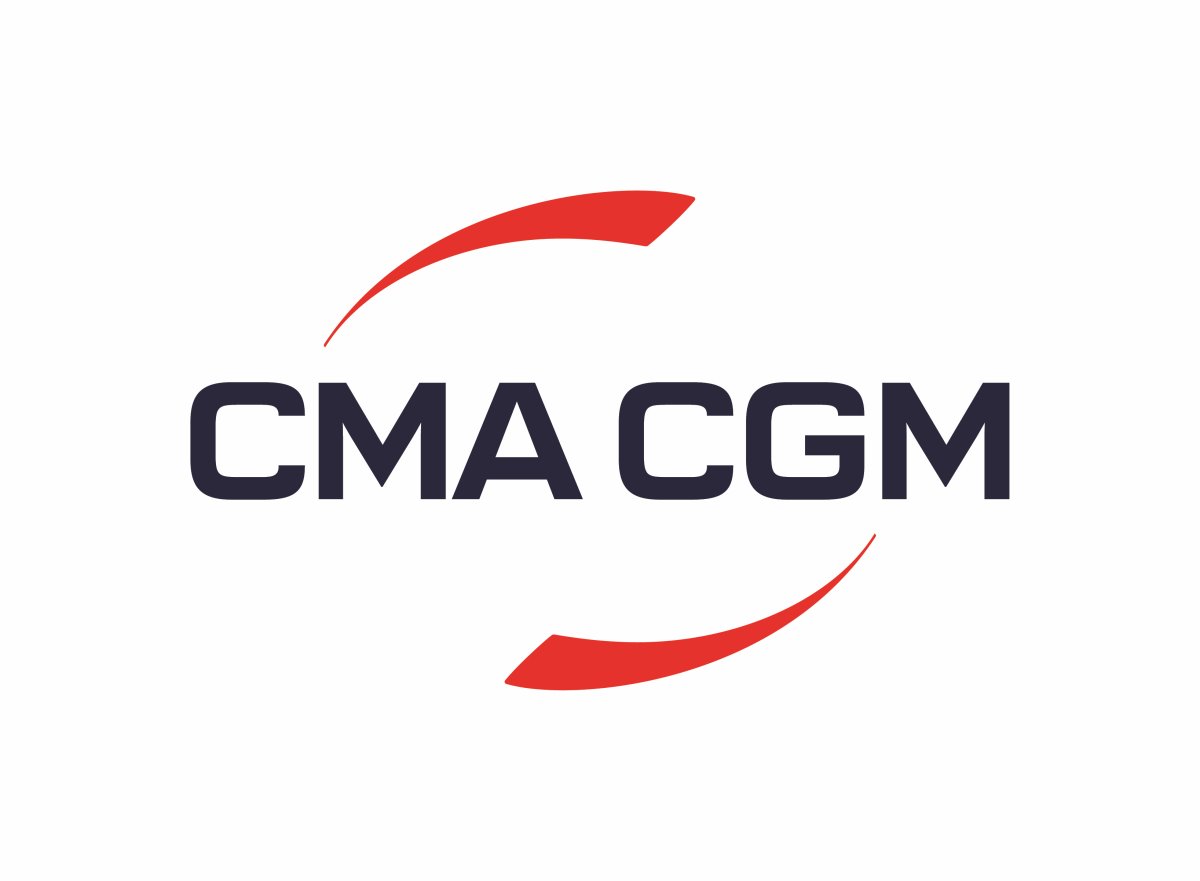
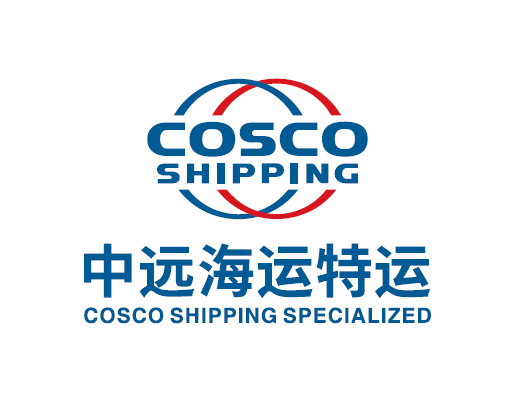
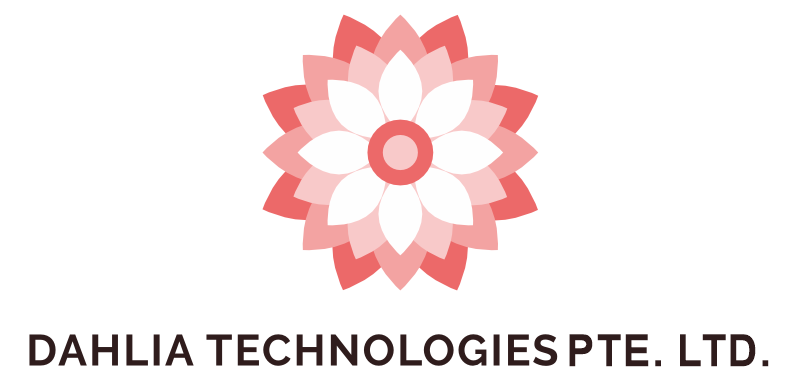
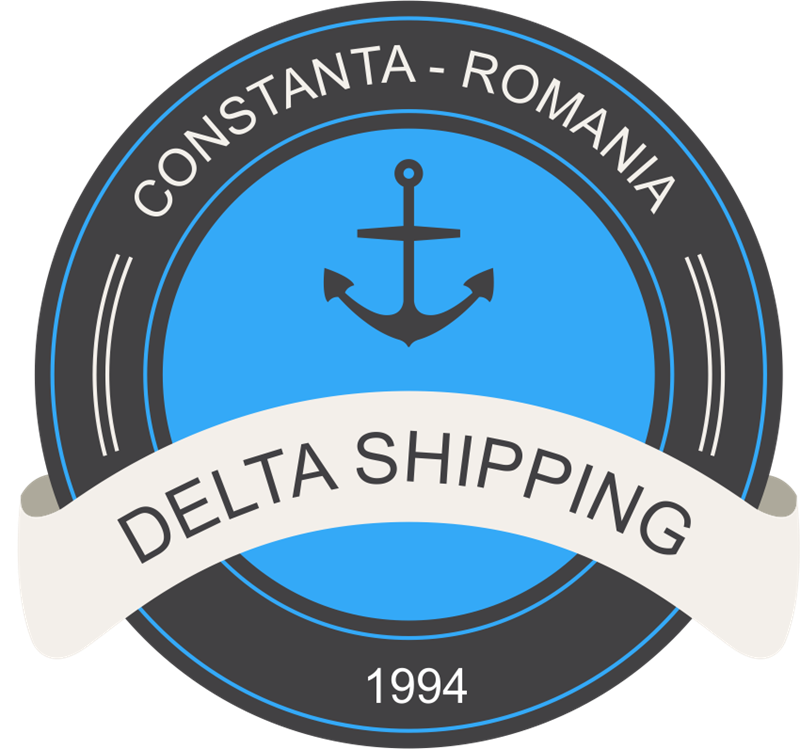

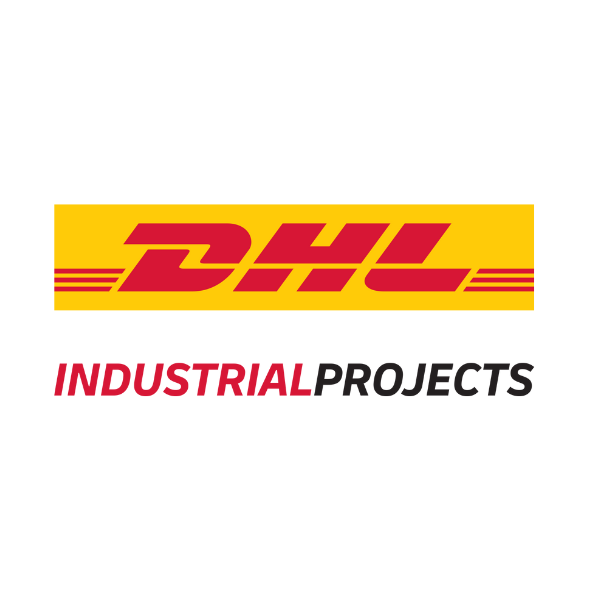
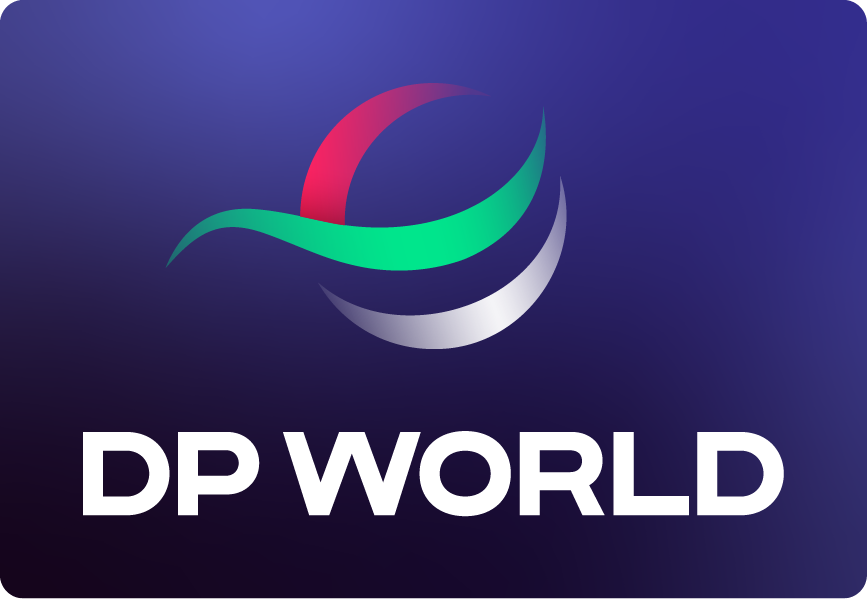


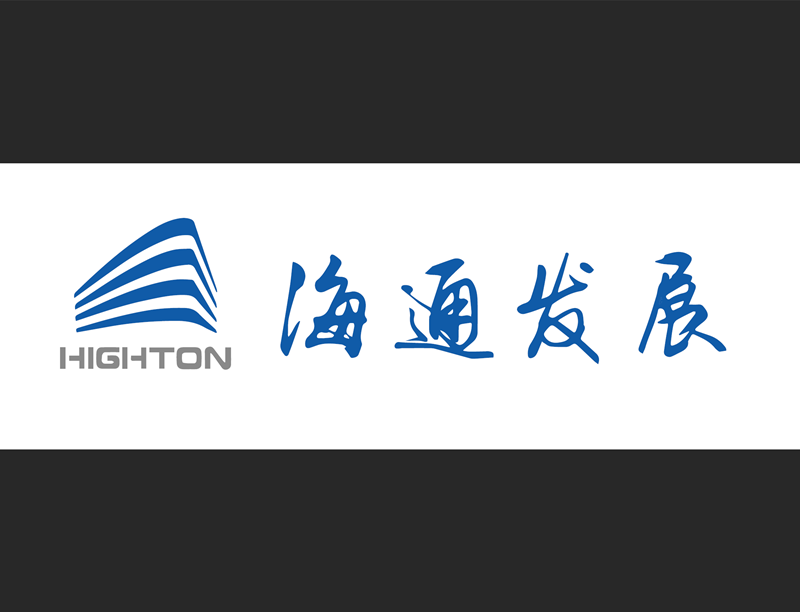
-(1).jpg?ext=.jpg)

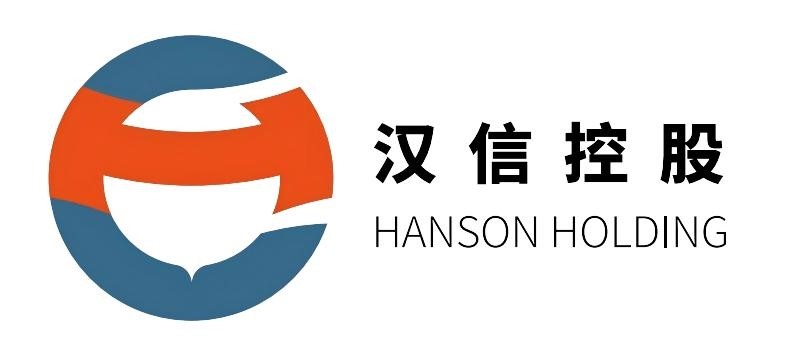
.png?ext=.png)
_2.jpg?ext=.jpg)
